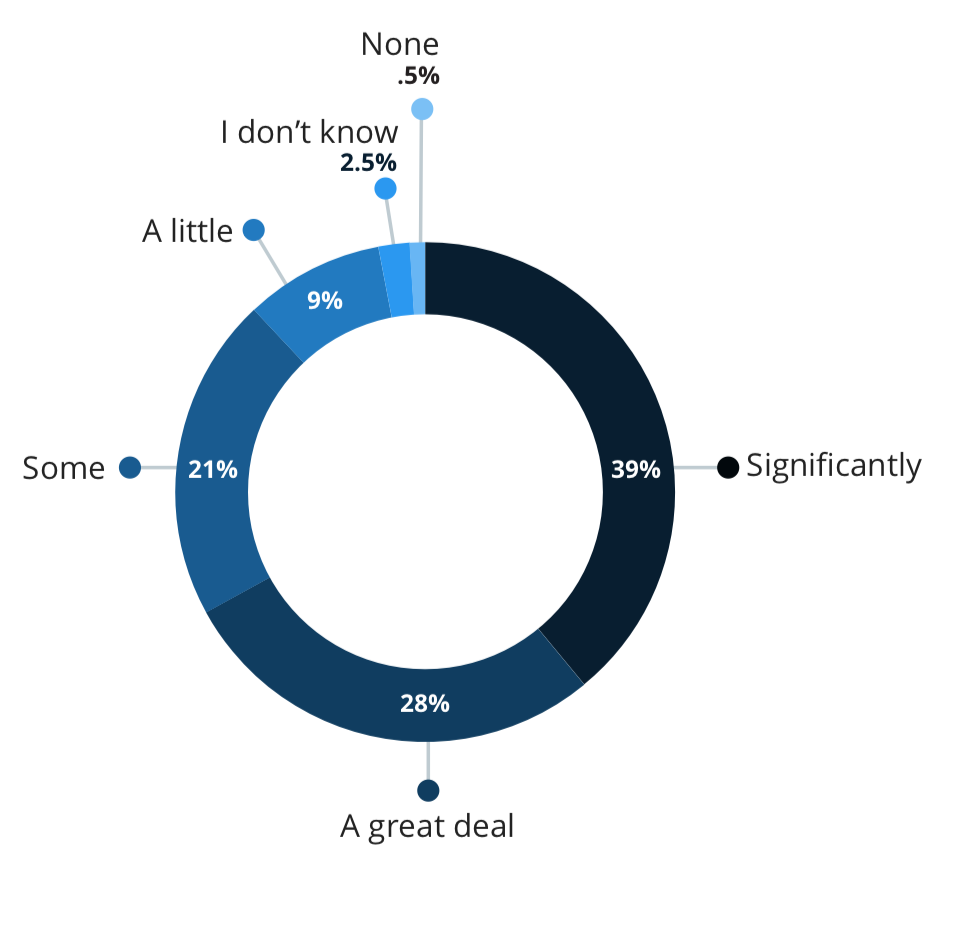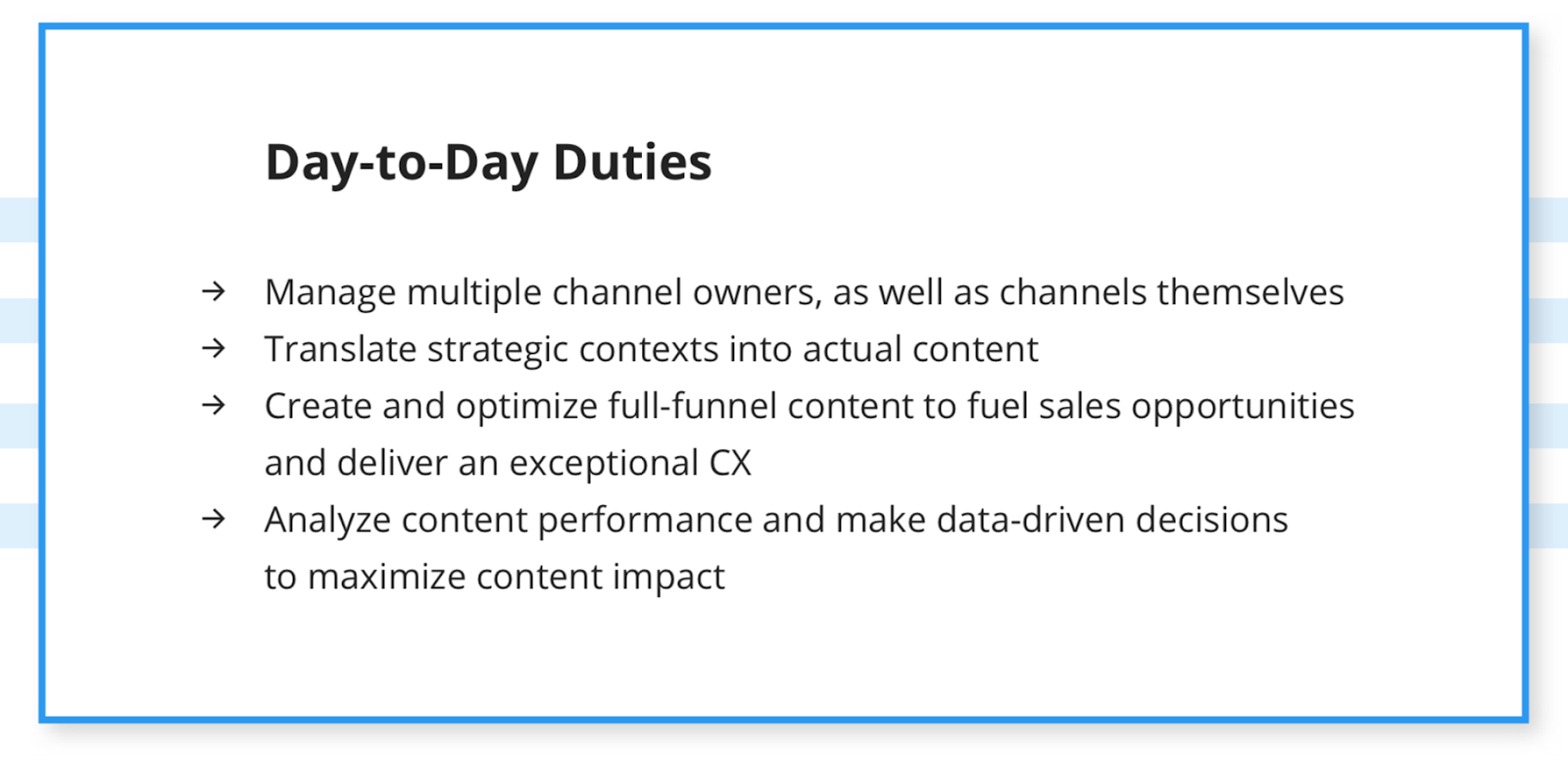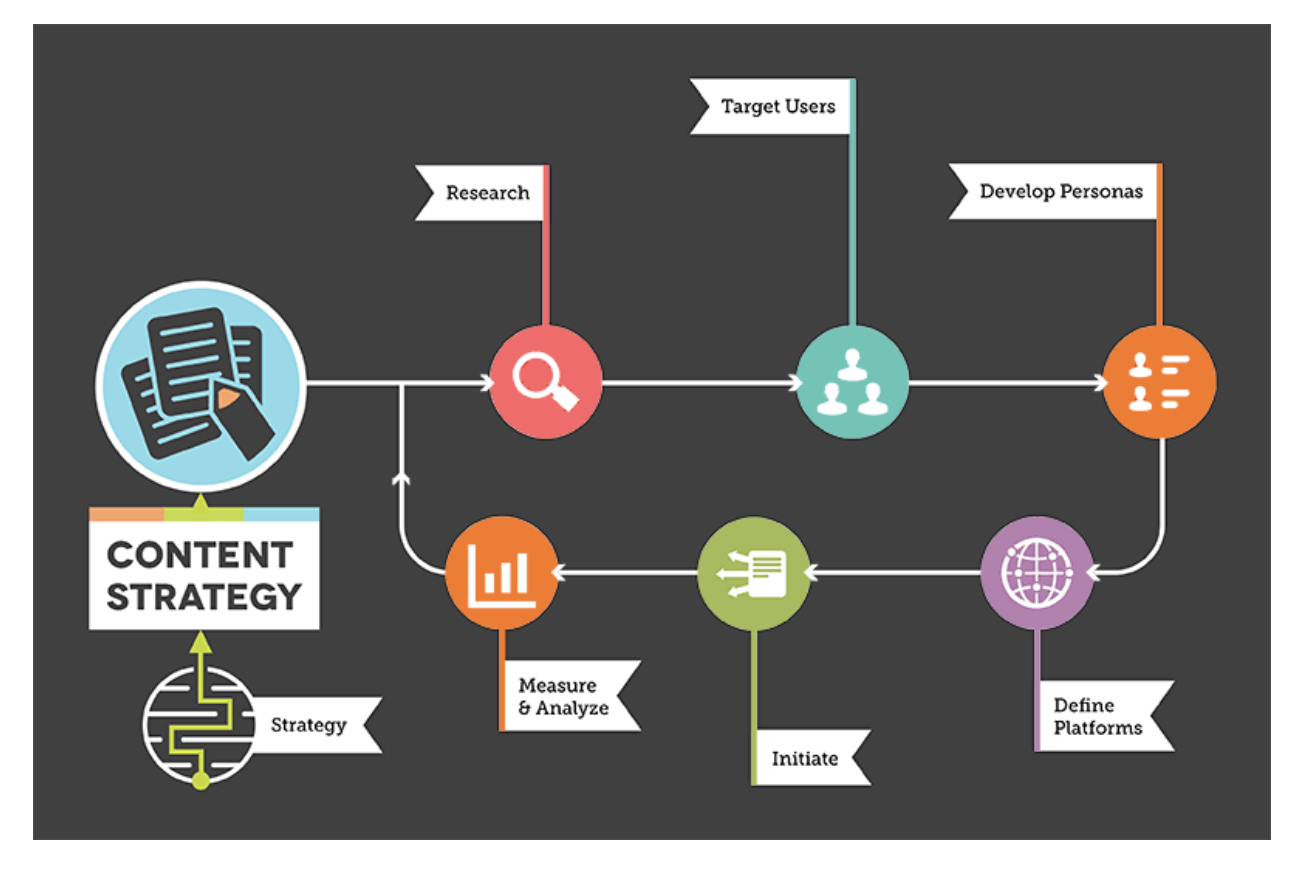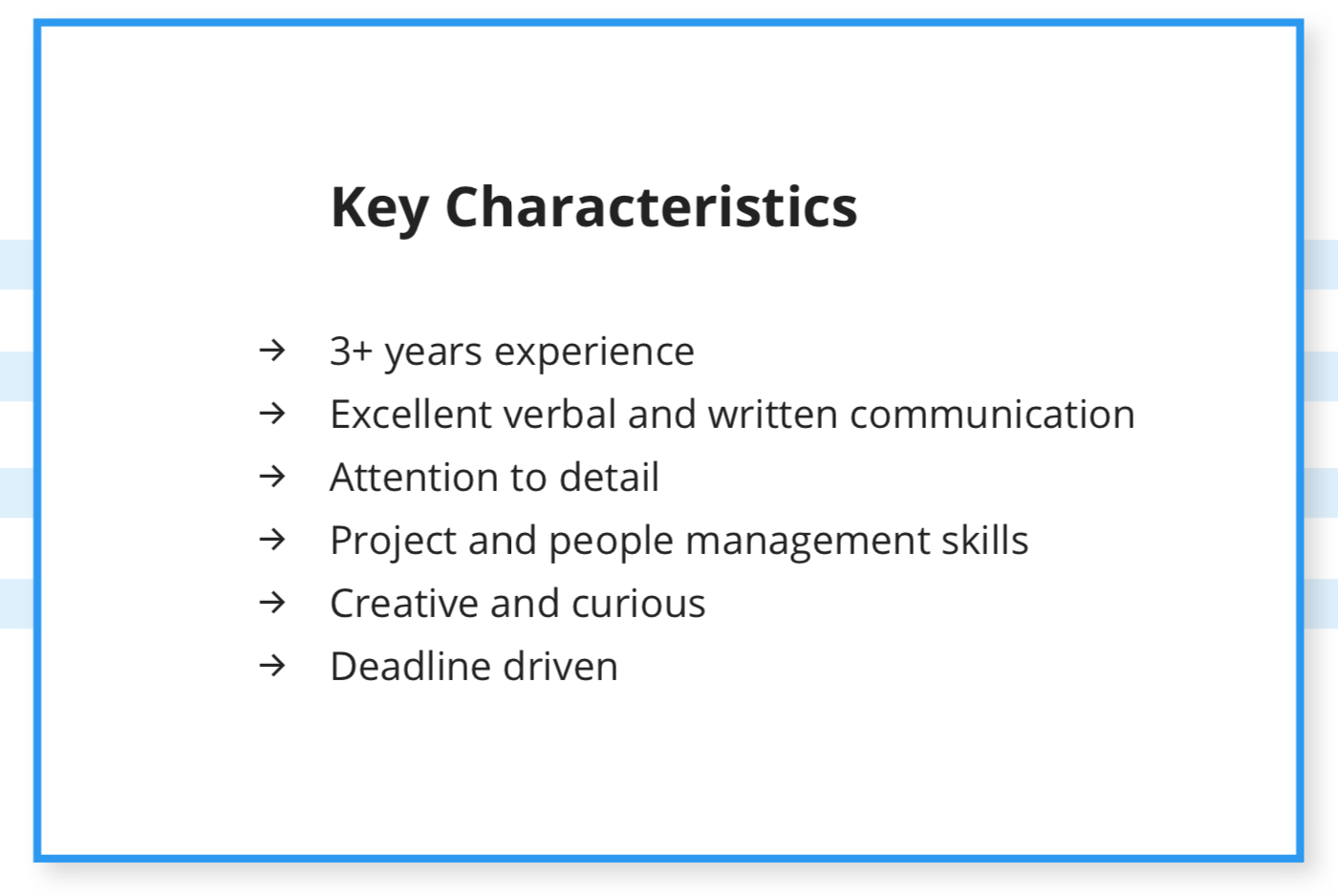We all know—I hope—that a content strategist isn’t the person in charge of figuring out how to make more content, but rather owns the strategy of translating organizational and marketing strategy into full-funnel content. As Kapost’s Head of Content Operations, my content strategist is my rock and the unicorn who does the tactical work to align tools, channels, and processes to produce content that drives specific results.
With content as the basis for almost all customer interactions, the road to success is clear. But only 22% of marketing leaders believe their customer experience has exceeded customer expectations. When asked how much content is valued in their organization, here’s how marketers replied:

There’s hope on the horizon—for customers and marketers alike. So, how do we get there?
Hiring a strategist is your real game-changer. Having someone with a laser focus on maintaining strategic direction in all the posts, videos, infographics, and other content you share with the world can play a vital role in strengthening the voice of your brand.
The content strategist works closely with the sales team or others focused on demand generation to devise strategies that further the priorities set by the head of content operations. They then oversee the implementation of these strategies. They may also conduct periodic content audits or gap analyses to monitor whether the content is measuring up to expectations.
The content strategist focuses on the tactical elements of content marketing, like accelerating funnel velocity. This person has a knack for delivering content that zeroes in on the customer’s pain points. Depending on the size of the company, they might manage a team focused on this function or create the content all on their own.
They’re also adept at analyzing how content is performing and adapting it to improve results. Plus, they always keep their finger on the pulse of how various types of content are performing in the marketing world.
Daily responsibilities of the content strategist are likely to include:

Content may include blog posts, emails, eBooks, white papers, webinars, website copy, videos, and infographics (among other creative ideas that arise). The strategist makes sure content targets every level of the sales funnel.

(Source)
Qualities to Look for in a Content Strategist
As a hiring manager, you should be looking for someone with the following qualities. (Or, if you’re looking for a job as a content strategist, you should highlight these traits in your interview – good luck!)
- Excellent communication and writing skills
- Great project management skills
- Vever misses a deadline
- Strong people management abilities
- Inquisitive and creative
- Detail-oriented and highly organized
- At least three years of relevant experience
The content strategist needs to ensure content has the same tone, style, and voice across different channels—maintaining the voice of the brand—as the Digital Marketing Institute says. Look at the content produced by past companies your candidates have worked for to see how well they do this.
As you examine their digital portfolios, check whether candidates have an aptitude for using a variety of creative ways to tell a story, too. Blog posts shouldn’t be the only tool in their toolbox!

The content strategist should also fully understand the customer journey and be able to convey it to the team, so experience working on marketing campaigns is essential. Knowledge of SEO is valuable as well. The hiree also needs to be deadline-driven, staying highly organized under pressure to keep up with the demands of the editorial calendar.
Where to find your ideal candidate? Look at content marketing groups on LinkedIn to see who’s participating often and making insightful comments, then put out the call through your online networks. Advertise on popular job boards in the field like MediaBistro. Consider recruiting remotely to expand your net across a broad geographic area.
Make the Most of the Interview
Asking the right questions will help you assess whether your candidates have what it takes to lead your content production team. These key questions will give you the info you need to make the right choice.
- What types of content have you produced (or managed production for) extensively?
- Describe a content campaign that didn’t go as well as you hoped. What went wrong and how did you respond?
- What metrics do you use to measure content success, depending on the content type and channel?
- Give me an example of a time when you translated strategy into content in a way that transcended expectations.
- Describe a data-driven decision you made that brought great success for your campaign.
- How do you plan the workflow and handle communications for campaigns you manage?
- What type of content channel would you be most excited to own and why?
- Describe a time when you had to address team dynamics that were less than ideal. How did you resolve the issue?
- How have you navigated the changes that have been occurring in the world of digital content over the past five years?
- Would you rather be perfect and late or good and on time?
These kinds of questions demand specific answers that will give you an excellent sense of whether your candidate can handle the job. Steer clear of generic questions that prospects will have a canned answer for—those won’t reveal nearly as much about their experience and expertise.
If you’ve already assembled a content team, have them meet the prospective strategists, too. You want to make sure they’ll have a great working relationship. And if the head of content operations isn’t already involved in the interview process, make sure to give them a chance to share interview questions with the hiring team and talk with top candidates.
Strive to show great consideration for candidates during every step of the hiring process to impress your star prospects. Clear, timely communication will reflect highly on your company and show them it will be a great place to work!

